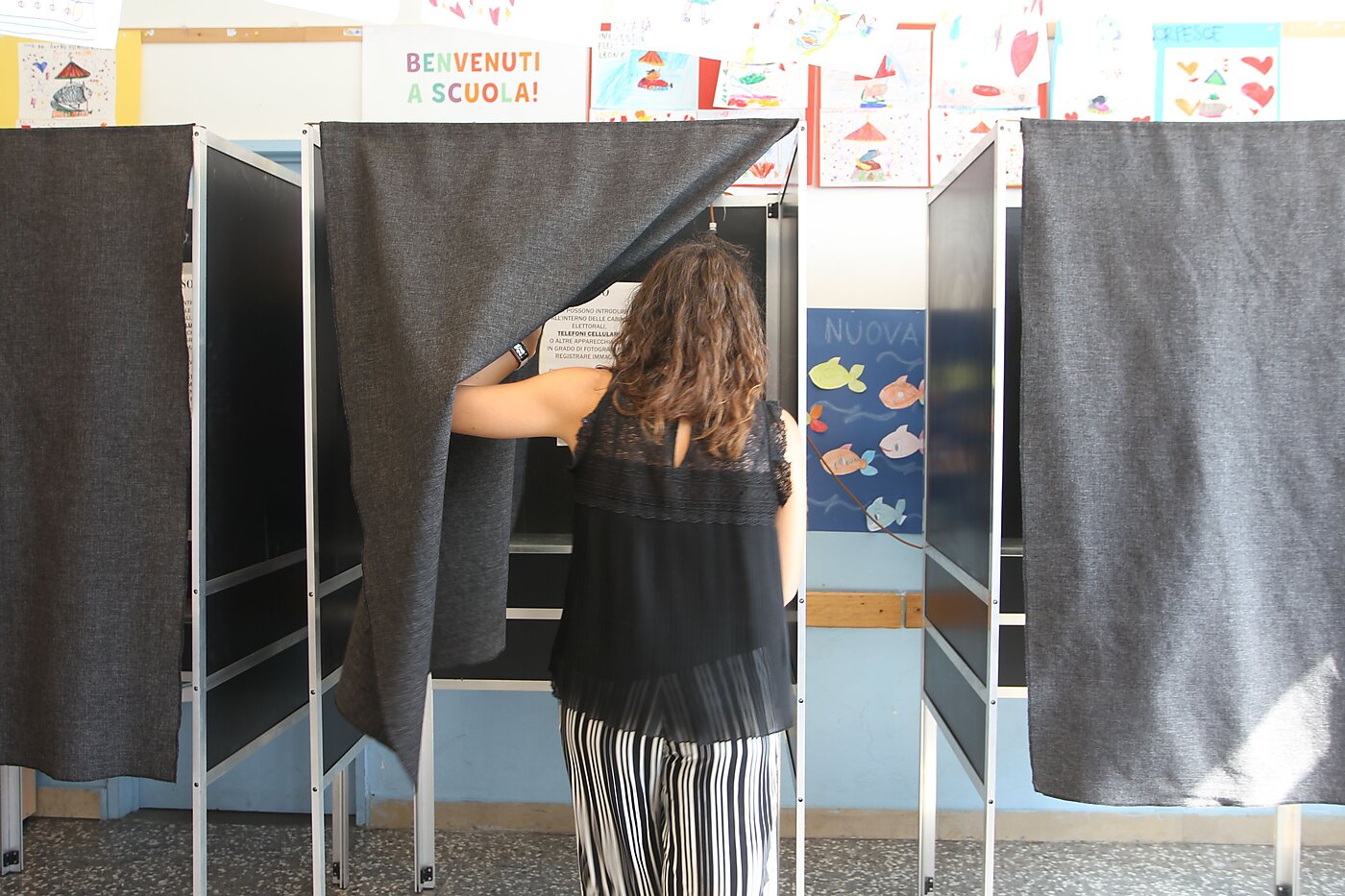If you don’t want certain losing candidates to run around endlessly claiming your state’s election was stolen from them, one of the best things you can do is to make sure your state’s vote totals get reported in substantially complete form by the time residents go to sleep election night. One of several American states to achieve this feat, and by far the largest, is Florida.
Writing at Reason, Eric Boehm looks at how the Sunshine State, following several rounds of mostly bipartisan reform, has emerged as something of a model both in speedy reporting and in various other aspects of election administration as well. He quotes me, as well as Cato adjunct scholar Andy Craig of the Rainey Center, on the subject:
“This is no special American fetish where some people want fast results. It’s taken for granted, more or less everywhere in the democratic world, that of course we want speedy results,” says Olson. Not knowing causes practical problems—winners can’t begin the relatively short process of preparing to take office, constituents might have no idea who to contact if they need to reach their representative, and so on.
Then there are the darker threats.
“Public suspicion of the system, rightly or wrongly, seems to be directly correlated with the delay in results,” Olson says. “It opens the door for accusations of wrongdoing, whether well-founded or not.”
Olson points to the various, often conflicting arguments that circulated in the aftermath of the 2020 election. In places where policies required vote counting to stop overnight and begin again the day after the election, that was offered as evidence of malfeasance. In places that didn’t halt the tabulation, vote counts might drop at 3 a.m., also fueling suspicion.
I write about some of the ways states can achieve faster reporting in my forthcoming paper for the Nevada Policy Research Institute, focusing especially on the Silver State, which lags national norms considerably in the speed with which it counts votes. Such a reform goal requires purposeful effort on multiple fronts, including deadlines for mail ballot receipt, pre-processing, practices on curing and provisional ballots, capacity-building in election administration, and outreach aimed at urging mail voters not to wait until the very last minute.
Our friends Ryan Williamson and Matt Germer also tackle the issue, with a national focus, in a good recent report for the R Street Institute.

